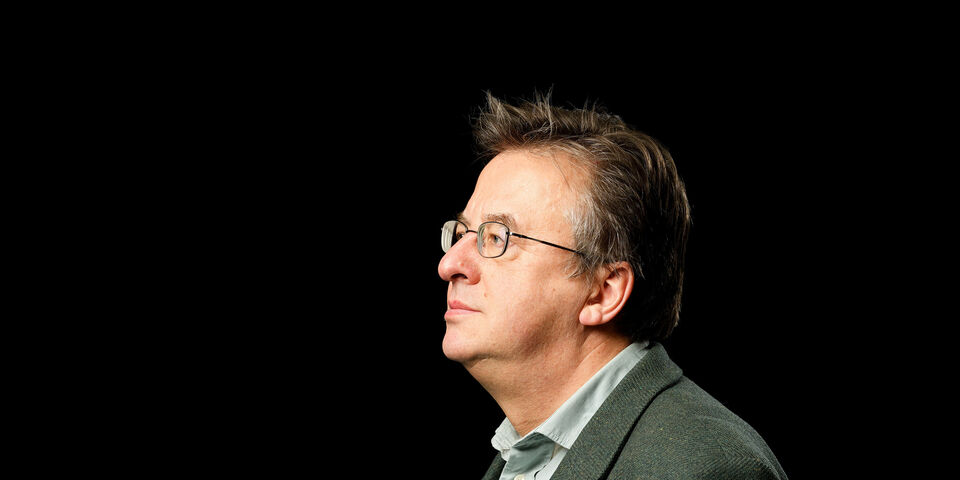Do you close your curtains in the evening? Peaches & coconuts
Answers to this simple question may prove diverse, basically affirmative or negative. For the one, it is stating the obvious, replying “Yes, of course (for the sake of privacy)”, but for the other, it goes more like: “Well no, why should I (I have nothing to hide)? Indeed, it is not so simple. Closing your curtains while turning the lights on in your living-room when it is getting dark outside to get some privacy has a cultural connotation, especially in The Netherlands.
Find out by yourself and do the test while walking through a residential area when the sun sets. Just count how many houses have their curtains closed and how many still are open. This very much depends on where you are. Traditionally, in predominantly Protestant (Calvinistic) areas people tend to leave things open for the sake of transparency or honesty, respecting the rules, while in Catholic ones inhabitants tend to close them for their privacy and protection from the outside world.
In this respect, the Dutch province of Zeeland is worth the trip (next to the beautiful countryside, the high-tech infrastructure of the Delta Plan water works and many historical places), because of the mix of both religions within its borders. There, depending on whether the village is predominantly Protestant (above the Oosterschelde) or Catholic (below it, close to Flanders), you will see dark or light streets at night. To read more about the use of curtains in The Netherlands see this article (in Dutch).
In intercultural theory both attitudes are metaphorically known as the peach (much public and little private space) and the coconut (little public and much private space). Roughly speaking, peaches are open, direct, informal and impersonal in the way they relate to others, while coconuts tend to be more indirect, formal and personal in their relationships. Peaches leave their curtains open at night, their yards visible to all and socialize during working hours, but ignore you after 5pm. Coconuts by contrast, close their curtains, make a fort out of their gardens with high fences and socialize during and after work. How does this contradiction work out in daily life? Well, I remember the response of a participant during a recent training session dealing with this issue: Oh, now I understand why my husband always leaves everything open: he is Protestant!
But don’t worry, while in the living-room peaches and coconuts may indeed differ, they ecumenically reunite in the same practice upstairs: there they both close the curtains. And remember: only tourists look inside the living-rooms, the locals don’t bother anymore.


Discussie